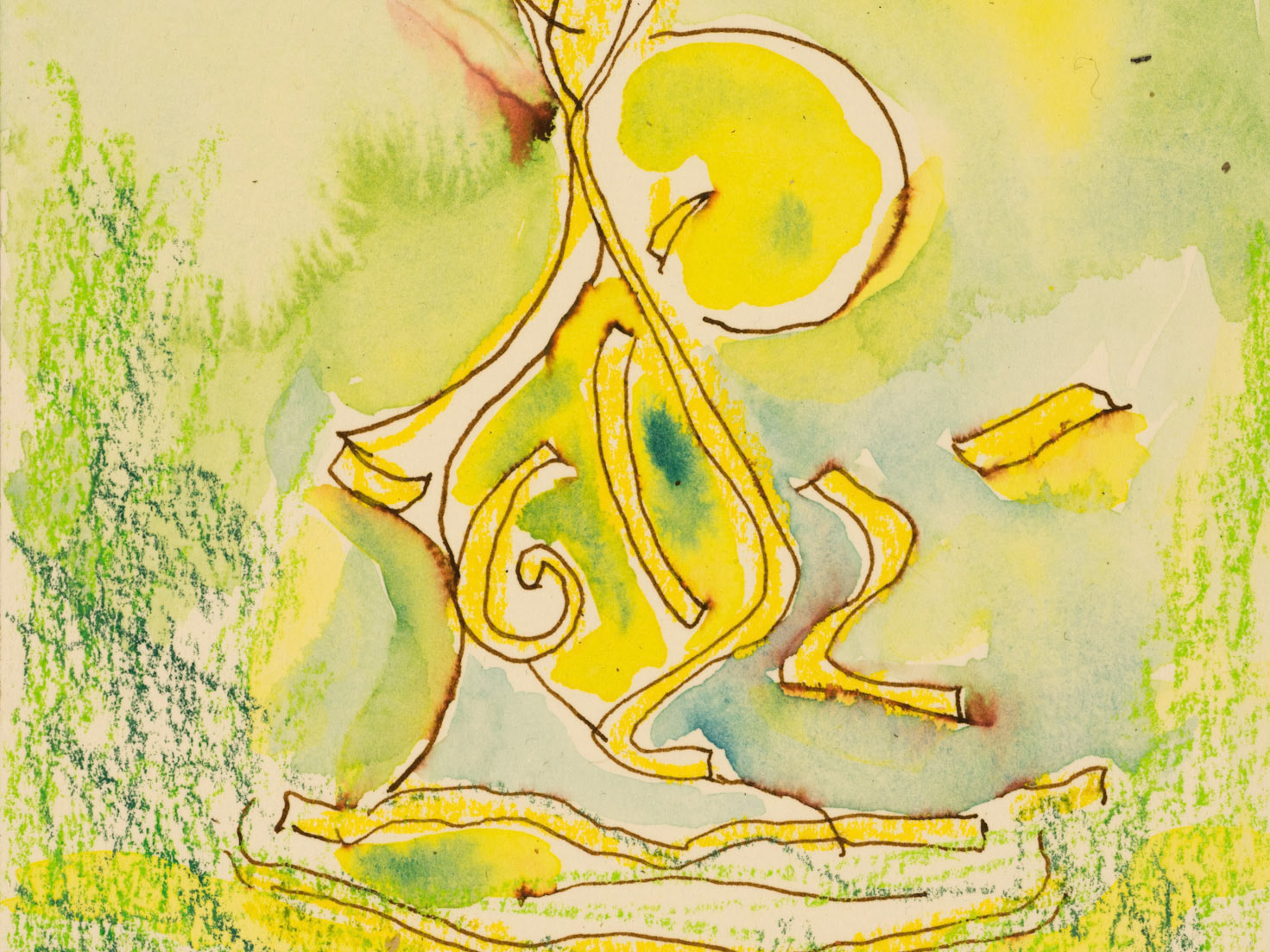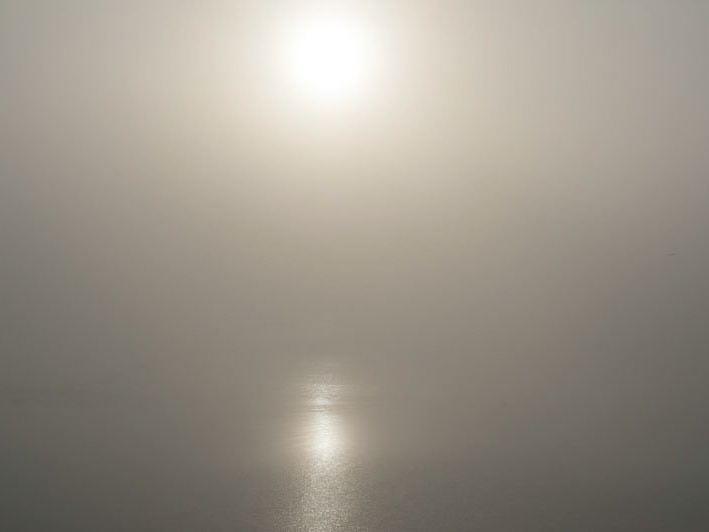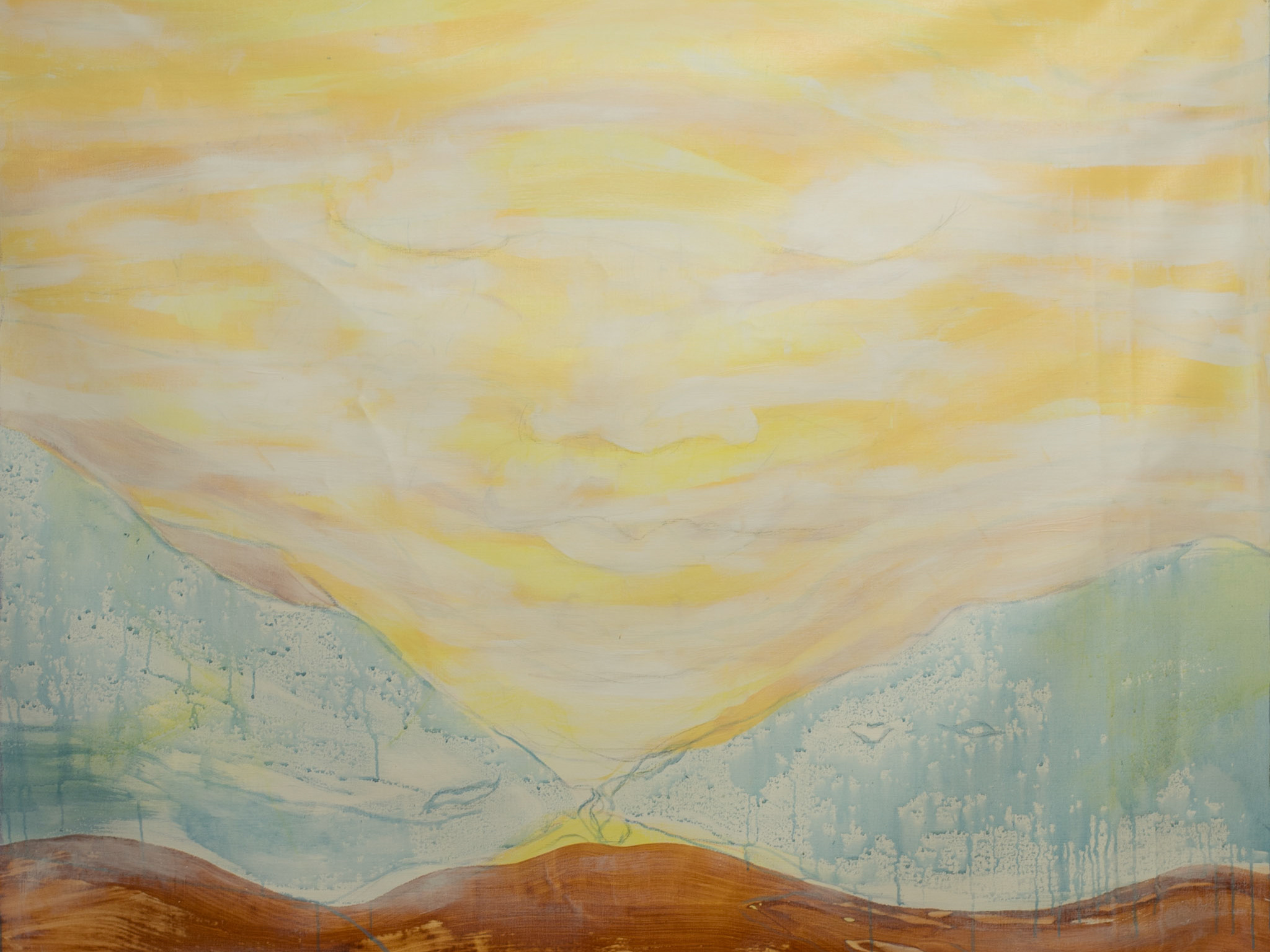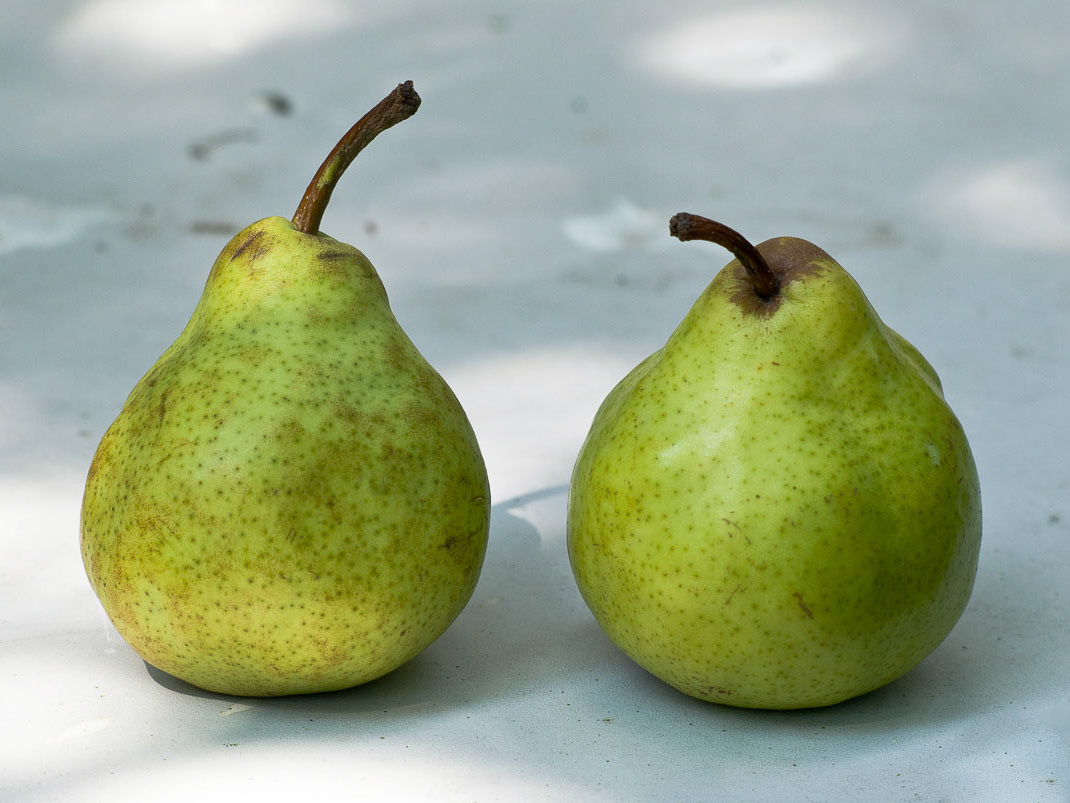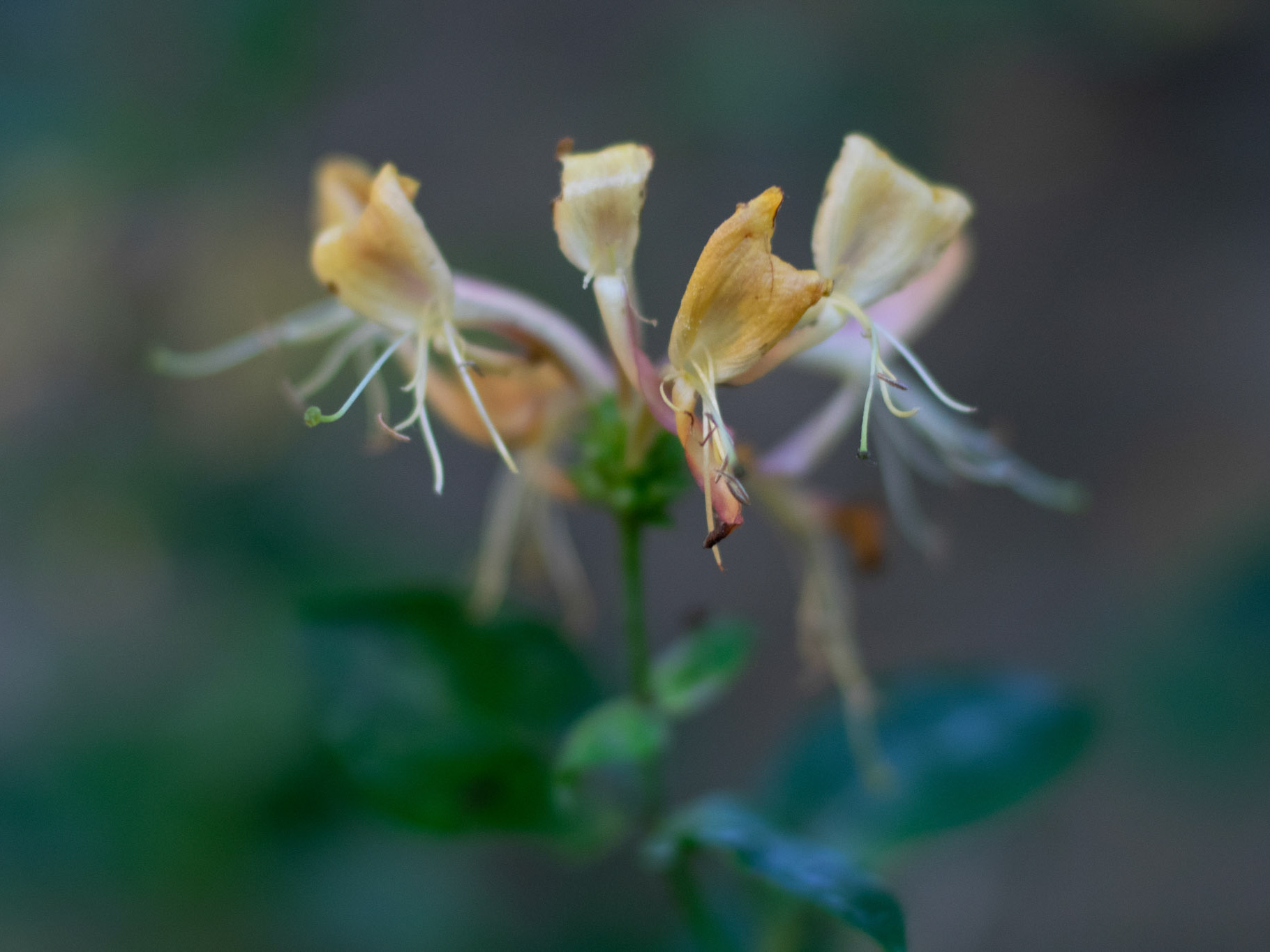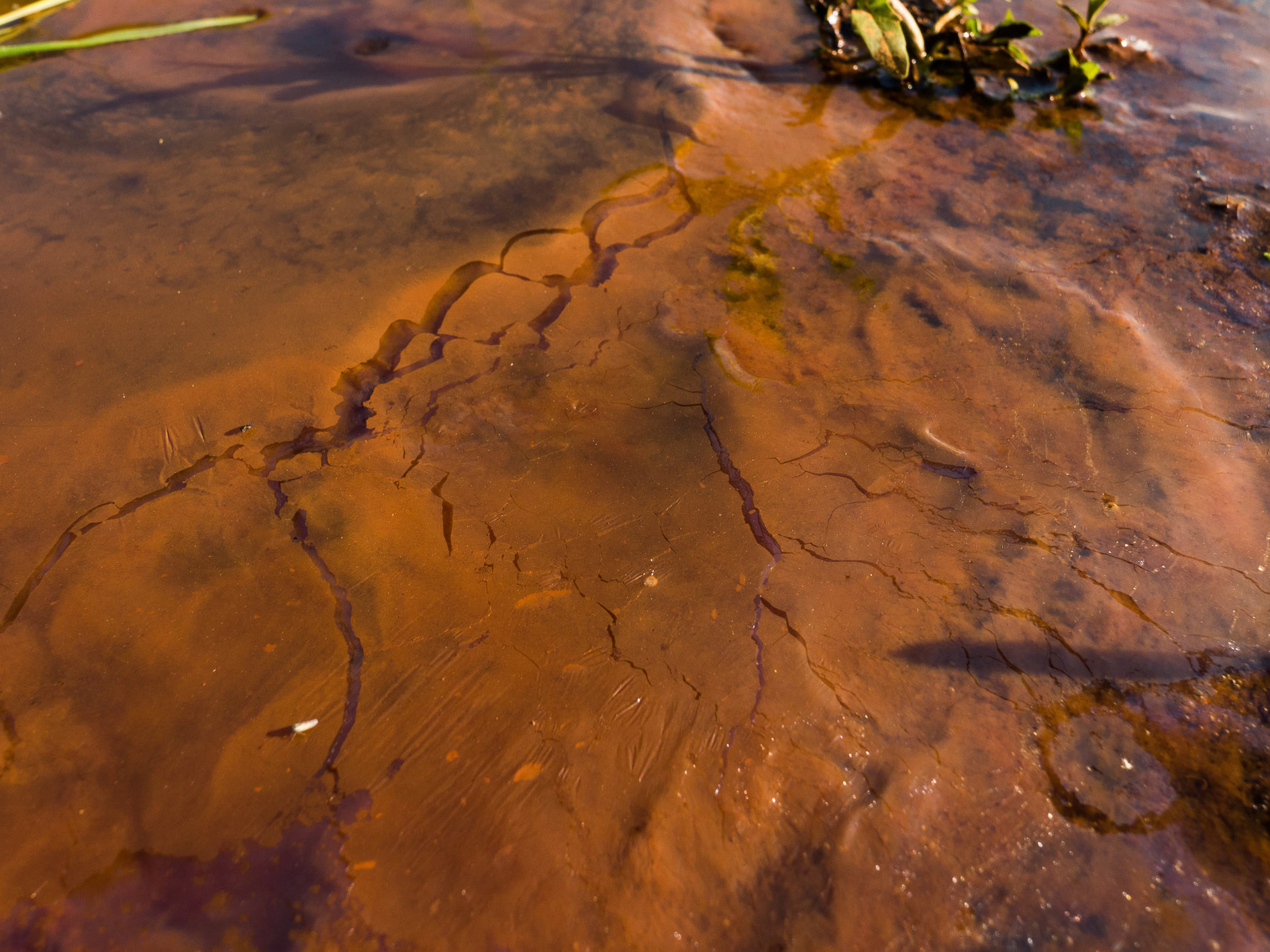Groundwater: who needs Yellowsttone?
On the twelfth of February 2012 Frisian spirits ran high on hopes for a big skating event , the “elf steden tocht”, “eleven city tour”.
Within the Netherlands the province of Friesland is kind of special; mainly wetlands that have been civilized into large pastures, grain fields and plots for patato-growing and sugar-beets.
The natives don’t speak Dutch, they speak Frisian, a language from the germanic language group. The Frisian cities in the heartlands of the Hanze grew in power with trade; mainly wood, grain and precious items, like manuscipts.
In Friesland grew eleven of those cities.
The Netherlands have a moderate atlantic climate, the summers are cool and wet, the winters have more dynamics: periods with frost coming from mainland Eurasia’s wintercold and Scandinavia alternate with warm waves from the tropical seas sourced gulfstream in the southwest.
For the “elf steden tocht” a sustained period with strong frost for days and nights to freeze an ice floor, strong enough to carry the ten thousands that are called by tv, twitter, facebook and the phone, on the waterways, is needed. The happening totally depends on the whims of the North Westerns European WinterGods. Sometimes they present us with small ice ages, sometimes we only see fogs, or drenching rains, or occlusions with powerful suns and storms coming with the northwester and no frost at all, only, perhaps, some extra chills in the night and morning.
Sometimes the ‘Elf Steden Tocht’ takes intervals from decades. But when freezing conditions are right, more then 200 kilometres skating on the wetlands, lakes, canals, ditches, and rivers in sometimes Siberian conditions evokes a spirit of heroism.
But it is not only the large sport event in itself that evokes such a spirit, there is more.
Until some 90 years ago large parts of the province were flooded in winter. Then towns, villages and settlements were islands on higher grounds. With pumps powered by the winds people could extend the dry grounds, but It took dyking and waterworking with steam-age-power from the 1920's to keep wheel and rail transport dry.
So people in towns and villages lived a fairly islandic life. Wintertime was boring and wet. Until the frost came, and the waterplains froze up. On fast skates people, yougsters, could go from town to town, meet, and fall in love. The time of skating was also the time to find a lover in the other town, the other village, the other homestead.
So the “eleven city tour” celebrates that long forgotten exchange, it thrives on that spirit of joy and hope when weather conditions are gruesome. Frost meant skating, love, travel and adventure when work on the farms and ships was low.
Of course things have changed by now. New pumps with diesels and electricity, new locks, better diking, keep the polders even in wintertime pretty dry. Frisian life isn’t run by the seasons nomore, bits and bites do the job.
That’s why the Frisians still are on their best in frosty winters with prospects of skating. Then they still greet you with a kind and enthusiastic: “Gesûn war, net?” (healthy kind of weather, isn’t it?).
With no flow in the waters the icefloor freezes much faster, so the watership dicided to stop the pumps.
With no pumps at work mineral-rich groundwaterflows could reappear and do their natural seepage-thing.
The “Elf steden tocht” was canceled at the last moment because of thaw, but crowds had gatherd, loaded with beer and sausage, and ravaged the fields. A boozed and drugged army on skates.
Thanks to the halted pumps (buckings) in the polder behind our home, 6°C ironoxide coloured groundwater could break through the ground-ice and made marvellous watercolours, who needs Yellowstone?
